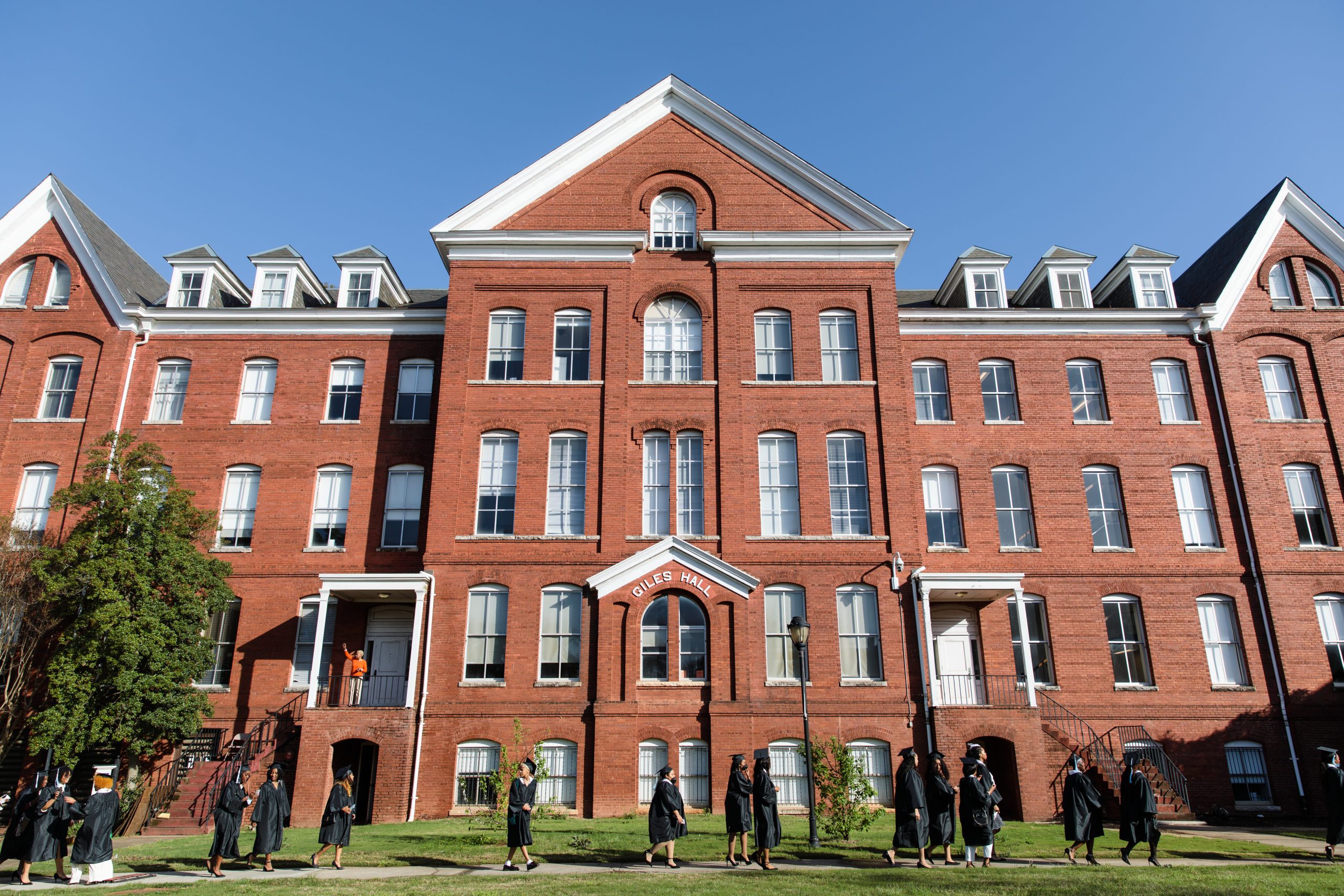
Health Workers in Tertiary Institutions Continue Operations Amid Ongoing Strike
Health workers in medical centers across universities, polytechnics, and colleges of education in Nigeria have taken a firm stance against the ongoing industrial action declared by the National Association of Resident Doctors (NARD). Operating under the Coalition of Healthcare Professionals in Tertiary Education Institutions in Nigeria, these workers have ensured that all medical facilities under their care remain fully functional despite the strike.
The coalition includes doctors, nurses, pharmacists, and laboratory scientists working in tertiary institution medical centers under the supervision of the Federal Ministry of Education. These professionals are not participating in the strike, emphasizing their commitment to patient care. The 11,000 resident doctors spread across 91 healthcare facilities initiated the industrial action around 12:00 a.m. on Saturday, protesting unpaid arrears, delays in allowances, and other welfare-related issues.
Despite earlier assurances from the government, the striking doctors continue to demand resolution for their grievances. NARD President, Dr. Muhammad Suleiman, stated that the Federal Government owes doctors and other health workers an estimated N38bn in accumulated allowances. However, the National Chairman of the health professionals’ coalition, Musa Shehu, emphasized that their members would not join the strike, highlighting their focus on patient care.
Shehu acknowledged challenges faced by the coalition, including marginalization within the broader health sector, but stressed that these issues would not deter them from performing their duties. “We are health workers working under the Ministry of Education; naturally, we don’t go on strike. Presently, all our medical centers are operational,” he said.
He urged the public to take advantage of medical centers within tertiary institutions during the period of the resident doctors’ strike, noting that these facilities are available in every state and continue to provide essential healthcare services.
Government Takes Steps to Resolve the Strike
The Federal Government has initiated moves to end the doctors’ strike. Less than 24 hours after the commencement of the strike, the government announced it would release N11.995bn within 72 hours for the payment of outstanding arrears, including accoutrement allowances, to doctors and other health workers across the country.
According to a statement issued by the Federal Ministry of Health and Social Welfare, the move is part of ongoing efforts to resolve welfare concerns raised by the doctors and other unions and to reaffirm its commitment to industrial peace and reform in the health sector. The statement reiterated that the assurance was made during a high-level meeting led by the Minister of State for Health and Social Welfare, Dr. Iziaq Salako, between the top management of the ministry and the leadership of NARD.
The government remains committed to ensuring that the welfare, motivation, and stability of the nation’s health workforce serve as the foundation of all health policies and programmes. In collaboration with the Federal Ministry of Finance, the Ministry of Health and Social Welfare commenced the payment of seven months’ arrears of the 25–35 per cent upward review of the Consolidated Medical Salary Structure and the Consolidated Health Salary Structure to all categories of health workers.
Addressing Staffing Challenges
To address the strain caused by brain drain and prolonged working hours, the ministry disclosed that the Federal Government had granted special waivers for the massive recruitment of healthcare professionals across federal tertiary institutions. Over 20,000 health workers, including doctors, nurses, and allied professionals, were recruited across 58 federal health institutions in 2024, while recruitment for 2025 is ongoing, with 15,000 health workers already approved for employment.
The government stated that the recruitment drive is part of a broader strategy to ensure that Nigeria’s health facilities are adequately staffed, safe, and equipped to deliver quality care to citizens.
Ongoing Negotiations and Resolutions
Collective bargaining discussions are ongoing with the Nigerian Medical Association, where NARD is an affiliate, the Joint Health Sector Unions, and the National Association of Nigerian Nurses and Midwives. To deepen dialogue and proffer solutions to controversial issues that arose in the course of the CBA, the ministry has engaged a professional negotiator, Professor of Industrial Relations, Dafe Otobo, to facilitate further constructive engagements between the government and union leaders.
Discussions are progressing on all the points raised by the health unions, including NARD, an affiliate of NMA. Such issues include specialist and other allowances, salary relativity, appointment of consultant cadres in hospitals, and other welfare-related matters.
Addressing Specific Concerns
Regarding the dismissal of five doctors at the Federal Teaching Hospital, Lokoja, the government clarified that three of the affected staff who did not face a properly constituted disciplinary committee have been offered the opportunity to be reabsorbed into service if they wish, while two others who appeared before a disciplinary panel will have their cases reviewed by Prof. Otobo, who is expected to submit a report within four weeks for appropriate administrative action.
On the issue of certificate categorisation, the government explained that the Medical and Dental Council of Nigeria reclassified, rather than downgraded, certificates issued by the West African Postgraduate Medical College from Category B to C. It described this as a routine regulatory adjustment and said consultations are ongoing with the National Postgraduate Medical College of Nigeria to address any concerns arising from the decision.
The ministry also attributed delays in payment and promotions to administrative processes within the Integrated Personnel and Payroll Information System but assured that engagements are ongoing with relevant agencies to fast-track resolutions.
Conclusion
The Federal Ministry of Health and Social Welfare reiterates that these interventions reflect the Federal Government’s unalloyed resolve to safeguard the rights and welfare of health workers, ensure industrial harmony, and uphold the uninterrupted delivery of quality healthcare services to Nigerians. Our health workforce is the bedrock of Nigeria’s healthcare reform. Every policy, investment, and strategy we implement under the Nigeria Health Sector Renewal Investment Initiative is anchored on their well-being, motivation, and professional fulfilment.